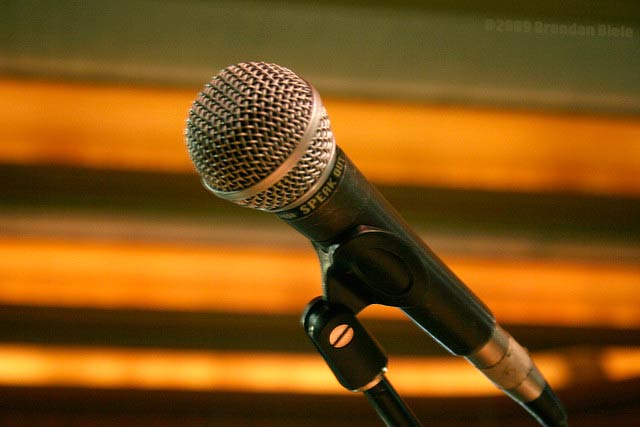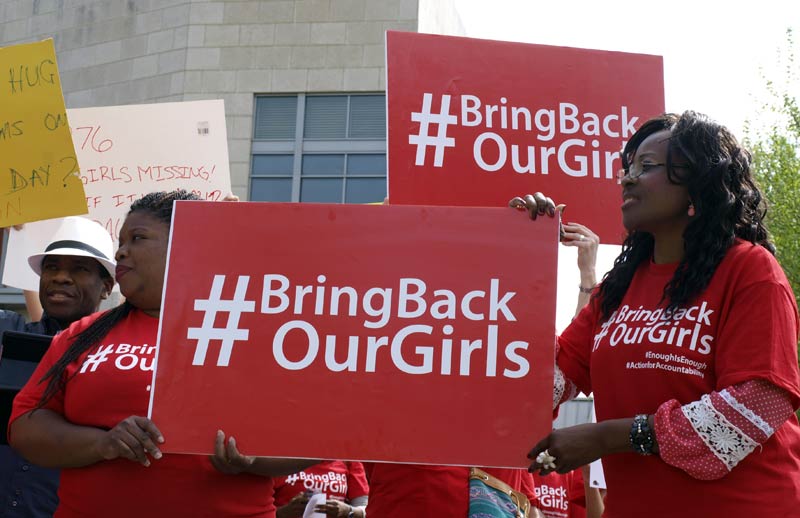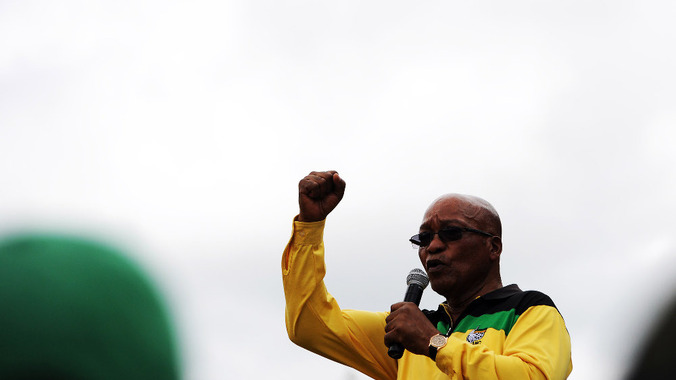
Last week, I read with interest an article by Simon Allison of the Johannesburg-based Daily Maverick, wherein he gave reasons why Zimbabwe’s long-time opposition leader, Morgan Tsvangirai, should vacate office and make way for alternatives.
While I agreed with many of his points, it was his deconstruction of Tsvangirai’s character, which formed the main thesis of his analysis, that I found jarring.
“There was a time, not too long ago, when Morgan Tsvangirai personified everything that was good about Zimbabwe,” wrote Allison, adding descriptions of the leader as having once been incorruptible, tenacious, fearless; selfless in his pursuit of democracy for Zimbabwe’s people.
In reading this analysis, I felt – as I often do when I read content about Zimbabwe produced externally – dissonance with the narrative being presented to me.
Zimbabweans, I generally believe, have been cognisant of Tsvangirai’s political and personal shortcomings for a very long time, only ignoring them for the desperate want of political change. Therefore, to paint Tsvangirai as having once-upon-a-time cast stars in the eyes of Zimbabweans is inaccurate, at least to me.
But Allison’s is not the first case of inconsistency between high-level commentary and what ‘voices on the ground’ might articulate. And neither is it the last, as the trend favouring non-experiential knowledge, and theory, over the lived realities of those being spoken of continues to grow.
Recently, a heated exchange broke out online between two American social commentators on hip hop and rap, namely Elite Daily’s Doran Miller-Rosenberg and Rap Rehab’s Sebastien Elkouby. The former offered a sarcastic rebuttal of an Elkouby article in which he offered controversial ways to stop children being brainwashed by mainstream rap; Number 2 was to “Talk trash about every wack rapper you see or hear.”
Elkouby’s response to Miller-Rosenberg, a white American who has reported rap and various popular culture genres, was emotively charged to say the least.
“For many of us, hip hop culture saved our lives, or at the very least, gave it a purpose… Most of you are hip hop culture vultures on a safari of appropriation and exploitation. You take and give nothing back,” stated Elkouby, invalidating Miller-Rosenburg’s authority to speak on behalf of the culture by virtue of what Elkouby depicted as Miller-Rosenburg’s voyeuristic navigation of the genre.
The message clearly conveyed was that as a white man, Miller-Rosenburg had no authority to navigate the discussion given that hip hop and rap were birthed – and continue to grow – from the lived experience of blackness in a still racially oppressive America; an experience which, as Elkouby constructed it, was one Miller-Rosenburg would always be external to.
Telling the African story
In a TEDx talk last year, the late BBC newscaster Komla Dumor talked through the construction of authoritative knowledge – with his example focused on Africa – stating that while the idea of a haggis expert based at the University of Makerere might be laughable, the same is never true of an expert on Africa based in Washington, London or any space ‘other’ to Africa.
The appropriation of narratives is perhaps most often associated with race and historical privilege, but even the Afropolitanism movement has recently come in for criticism – by Africans – for its perceived role in facilitating the appropriation and commercialisation of the continent’s narratives and artefacts through the hyphenation of ‘all things African’ with a touch of western nuance.
While the Afropolitan might be a common sight in many parts of Europe and America, this ‘new African’ is not so often seen on the continent. So that the narratives of the African who does breakfast in Lagos, dinner in Paris, or who sips on fair trade coffee from Kenya while going through the complete works of Frantz Fanon at the airport departure lounge hardly resonate with the majority of Africans in Africa and abroad. Ironically, what is constructed as the alternative narrative to the dominant and macabre depictions of Africa becomes its own hegemonic and highly exclusionary representation of what a resurgent Africa – an Africa ‘on the rise’ – should look like.
Last year, Voices of Africa featured a piece in which Stephanie Kimou lamented her inability to find good African men upon recent return to the continent, having lived and studied in the US.
The combination of Kimou’s western historical context and sweeping generalisations about African men (“First, every African man wants a cook, like his mama”) led to debates – at least those that I was privy to – being less about the potential veracity of her views, and more about what authority she had to paint the continent’s men with one brushstroke as a recent returnee.
Additionally, the indictment of African men left many African women feeling judged for choosing to love them.
Pushback was, therefore, not necessarily founded upon disagreement with Kimou’s opinion; but largely upon doubts about her authority to speak as an ‘authentic’ African voice.
It may seem easy to dismiss the discourse of authenticity on the grounds of the internationalised lives most of us lead. Regardless of where we are, we eat, watch, listen to and wear imported products. But the fact remains that speaking on behalf of, especially where there is geographical, cultural or experiential removal, promotes feelings of emasculation in the person(s) being spoken of; especially where nuances about their experiences are omitted, and inconsistencies observed. And quite often, the response to such representations is defensive retaliation, even where this may be irrational.
Deconstructing privilege
The solution to these quandaries seems easy; that those spoken of should “begin to tell their own stories in their own ways”. But given that accepted opinion leaders often speak from powerful platforms and places with wide reach and validation, it remains difficult for alternative views – especially when expressed in spaces of low prominence – to gain traction.
Moreover, speaking against popular and dominant narratives often relegates the speaker to the margins where they are constructed as either being antagonistic for antagonism’s sake, or expressing counterproductive sentiments. It therefore remains quite easy for the well-developed media machinery to silence – by omission – dissenting opinions and voices, or the alternative voices that it does not want to hear.
The answers to addressing this situation are complex and don’t lie in disengaging from inaccurate representations. Neither do they lie in engaging in angry undirected pushback. That is after all, the easiest way to invalidate an opinion.
In acknowledging and deconstructing privilege – who gets to speak, on behalf of who and why – we have to be realistic in our understanding of how hierarchies develop, gain credence and perpetuate.
With social media now facilitating conversations with institutions that might previously have seemed impenetrable, this at least provides some channels through which to register one’s opinion. But of course, substantive change entails much more; the sharing of influential space and a greater willingness to welcome, and listen to, multiple alternatives and realities.
The question is: Is the world ready for this?
Fungai Machirori is a blogger, editor, poet and researcher. She runs Zimbabwe’s first web-based platform for women, Her Zimbabwe, and is an advocate for using social media for consciousness-building among Zimbabweans. Connect with her on Twitter.








